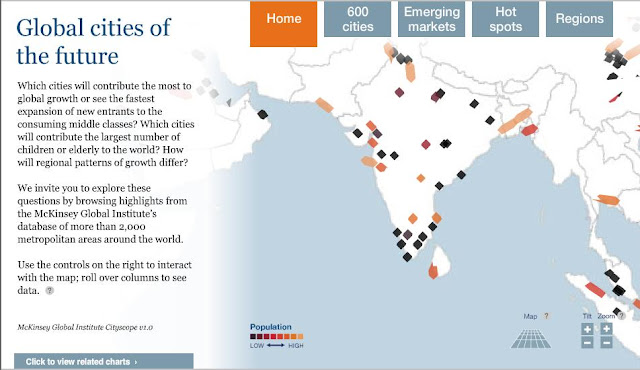Pakistan's Broken Judicial System
---------------------------------------------------------------------------------------------------
A Pakistani lawyer flees tear gas fired during a protest outside the residence of a deposed chief justice in March 2008.
The recent extremist killing of Pakistani Governor Salman Taseer is an example of a targeting of liberal democratic politicians that reflects a crisis of governance and stability in Pakistan. If Pakistan is destabilized, the safety of the country's stockpile of nuclear weapons, along with the objectives of the Afghan war and the security of the American people, would be placed in jeopardy.
To avoid this and to bring the United States closer to its goals in the region, policies are needed that will win the hearts and minds of Pakistani citizens, whose support is vital to defeating the extremist militancy.
What does the average educated, young Pakistani think is most important to Pakistan's stability? A recent Heinrich Boll Foundation survey of a representative sample of Pakistani university youth reveals that over and above the military or parliament, the strength of the judiciary is seen as central to the country's survival. In fact, while Pakistani popular opposition to the United States originated from perceived betrayals in the past, an underlying cause of continued tolerance of Taliban-inspired militants is the absence of a well-functioning set of state institutions to provide stability, justice and prosperity to the population.
The above feelings of Pakistani youth partly result from the groundbreaking lawyers' movement that forced the government to reinstate the country's chief justice back in 2009—a movement that stoked fears, rather than encouragement, from the U.S. establishment. Rather than repeat this mistake, one way that the United States can now restore the support of the Pakistani population is through the extension of institutional cooperation in the judicial realm—a strategy that would address the needs of the people, while demonstrating a sustained U.S. commitment to the development of Pakistan as a stable democratic state.
The average Pakistani is fed up with the current judicial process because it is so lengthy; one case can take up to 10 years before reaching its conclusion. Such delays are not due to a failure in the legislative domain, as there is no shortage of laws and detailed procedure designed to deliver timely justice. Rather, it can be traced to behavioral norms among Pakistani judges. These include their readiness to grant adjournments without due cause—sometimes just because one lawyer has failed to turn up—and a hesitance to pass judgments even where the law is clear, as there is little pressure to conclude more than the minimum number of cases. This reflects an underdeveloped professional culture among a judiciary that has been weakened by the interference of politics under previous regimes.
What this means for population attitudes becomes clear when one considers that malfunctioning of the state-sponsored judicial system is perceived as a failure of secular, Western-style systems in general, as Pakistan's legal system mimics the American and British legal systems, from which it descended. The delaying of justice through practices of the judiciary leads the Pakistani public at large to yearn for a different system altogether to provide arbitration when needed.
It is against this backdrop that an expanding section of society comes to consider the implementation of sharia law as a serious option that is both fairer and more efficient than the current system. Already, over three quarters of the educated youth interviewed in the above survey state that Islam offers an alternative system of social justice. It is widely known that one of the main reasons the people of Swat Valley welcomed Sharia in April 2009, thus opening their doors to Taliban influence, was the prospect of getting rid of the existing time-consuming legal system, and of obtaining justice in a swift and transparent way. If Pakistan's judicial culture is not improved to address the system's overt flaws, one wonders how many other people might start looking to militant groups to provide timely justice in response to legitimate grievances.
It is here that we return to the role of the United States and institutional cooperation. Late last year, we witnessed the Senate Foreign Relations Committee passing the International Professional Exchange Act, the goals of which are to help build professional capacity and to improve ties between the United States and Muslim-majority countries at a pivotal moment. Such moves are on the right track. In particular, we suggest that a professional exchange in the judicial realm between the United States and Pakistan would offer Pakistani judges an insight into a system designed to serve its people first and foremost, and an opportunity to learn from the unbiased application of legal procedure in ensuring efficient case processing.
This would broaden the horizon of Pakistan's judiciary beyond current behavioral norms and enhance its professional culture, ultimately reducing the ordeal of justice-seekers in Pakistan. We predict that such visible institutional cooperation will also engender a change of heart among Pakistanis regarding the United States, helping to set in reverse the growing trend of disillusionment with secular state institutions, and the increasing support for alternatives offered by the very militant elements the United States is trying to defeat.



Comments
Post a Comment
If you have any doubts, please let me know